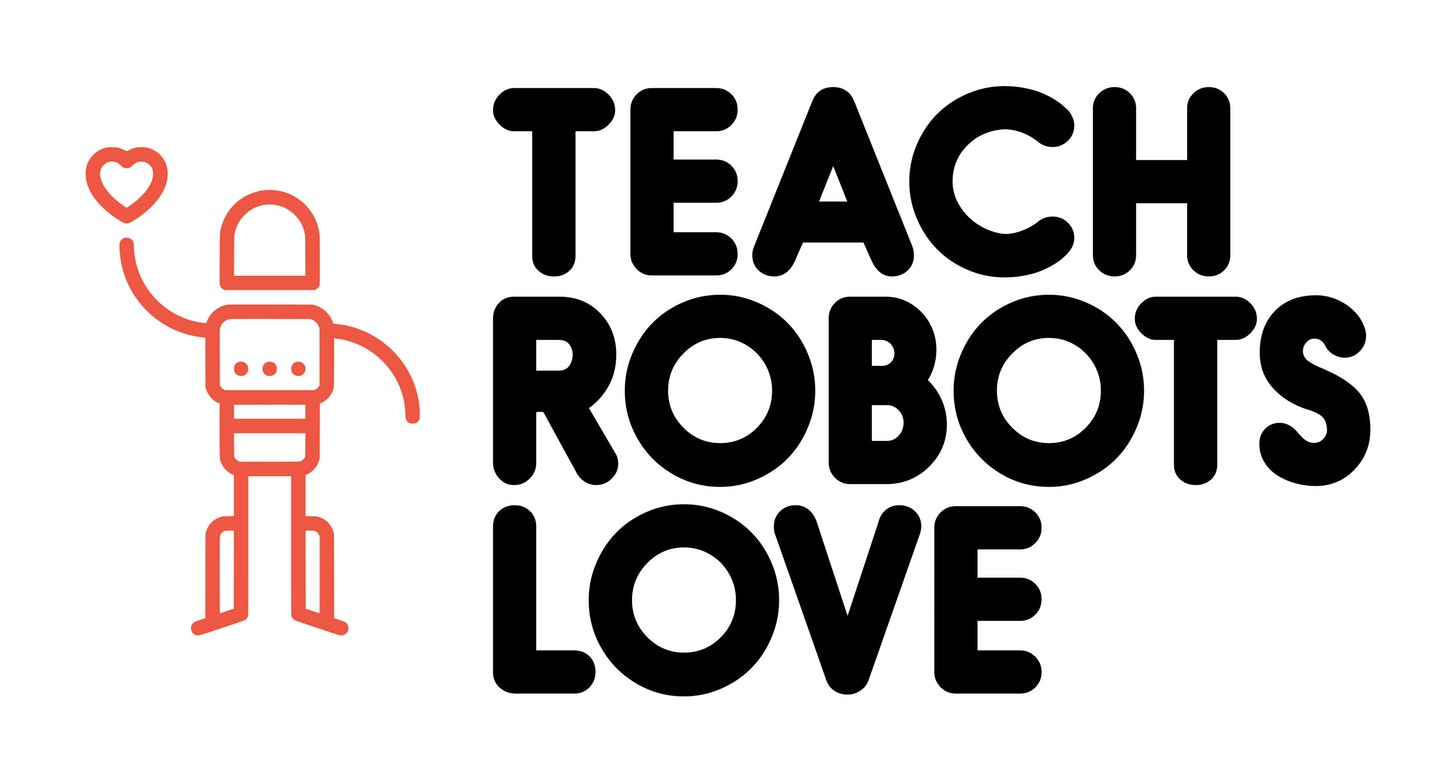The Persona
The longer you wear the mask, the more difficult it becomes to take it off.
“There is more truth in the mask we wear, in the game we play, the fiction we obey and follow, than in what is concealed beneath the mask.” - Slavoj Žižek
When people say that you should be authentic online, what they usually mean is that you should be interesting.
Most people aren't that interesting. The majority of life is spent in a kind of mundane routine just to make sure we are still alive, punctuated by small moments of ecstasy and terror. Sometimes you'll go on a rollercoaster or have sex with a stranger, but most of the time you're showering, eating, working, walking on a treadmill. Despite our radical ideas or fantasies most of our lives are fairly similar. People don't want to follow you online because you're like everyone else. To be like everyone else is to be forgotten. If you're going to be boring you might as well not exist.
Enter the online persona.
You can be anyone you want online. You can exaggerate the best (or worst) parts of your personality. You can narrow your life down to a particular aesthetic, a particular series of shining moments. You can become the woman who exists behind a gleaming counter, hair freshly curled, designing extravagant wedding cakes with a soft smile that never wavers. You can become the dissident contrarian - no face except for a cartoon avatar - a projection of everyone's hedonistic desires to be able to say whatever they want without any real consequences. You can become the gothic siren. The meticulous writer. The out of control diva. The cool fashionista. The intellectual expert.
You can become mythic. Mythological. Larger than life. When people think of Abraham Lincoln or Genghis Khan they don't usually imagine them putting on their socks or burning their tongues on too-hot soup. They see fire, and sulfur, and dark eyes, memorial statues, a landscape forever transformed, and a legend that persists long after even their ghosts have perished.
So should it be the same with your persona. Forget authentic. Authentic people burn their tongues on soup or forget to buy toilet paper. People shouldn't be able to imagine you sitting down at their dinner table, eating the same food, sharing the same thoughts. You're as much fiction as reality. That's what a legend is, and you want to be a legend.
Maybe.
Before I was on social media I had an alter ego. A persona. My ex-girlfriend called her "Nameless," and the name stuck. (Nameless was a lot of the inspiration for "Vanessa" in my story A Human Rupture.) Autumn was a shy girl who couldn't look people in the eyes, with a bow-bent back, furtive glasses. Autumn had a rabbit mentality. Autumn didn't know how to enjoy herself. She was fresh out of braces, and couldn't keep her glasses on without smearing the lens.
Nameless was who I imagined I wanted myself to be. She was witty, and cruel, and alluring. She could have a conversation with anyone, and was as liable to kiss them as to hurt them. She could tumble in and out of bedrooms, tiptoeing on jagged slices of moonlight, her stomach empty of everything except the vodka burning a hole into the bottom.
Or so I thought. I couldn't see that Nameless was a joke, a facsimile of a human being. And even when Nameless had someone who adored her, it didn't feel satisfying, because it wasn't me.
I was trapped just underneath the skin. They didn't like Autumn. They didn't even like Nameless. They liked a fantasy constructed to try to bridge the gap between who I was and what I thought other people desired.
I didn't think I was good enough. Nameless knew I wasn't good enough. Every victory she signed her name on was like a wound. I bled out any good feeling. The cost of getting what I wanted was getting nothing at all.
By the time I signed onto social media I understood what it meant to have a persona, and how it could disrupt and warp you. It was a barrier between you and the real self that meant not only consequence, but reward, was often denied to you.
And since the persona wasn't real, it didn't transform like a normal person would. I've seen this with many writers over the years. They want to stand out and so they create a "schtick" that becomes popular - a particular aesthetic, character, or way of talking. But the persona doesn't really adapt. Instead, it often exaggerates. It becomes a parody of itself. The writer tries to one-up themselves but doesn't have the same kind of honest interaction that would enable a true transformation.
That or it remains flat and unchanging over the years until it reveals itself to be what it actually is - a product. More akin to a box of Froot Loops than an individual.
Many people can have an online presence that's separate from their life. They recognize that it's just a business or a public facing front. They don't feel any attachment or "identity" surrounding that brand. This works fine for most businesses and companies that are trying to sell products.
It gets more complicated when you're trying to sell yourself. When you want to portray yourself either as an artist or an intellectual, someone interesting enough to be followed for personality alone. There are enough stories of Instagram models and Twitter influencers and Youtubers that sob when the lights are off, when the makeup has been brushed away, when the filters are deactivated. The pressure of appearing perfect, not just as a character, but as the character that is you, becomes all-encompassing.
It got to the point where I couldn't escape Nameless. Nameless stopped being something I could control. She consumed my thoughts until I curled into the shape of her as I slept.
Maybe you're one of the people lucky or clever enough to not have that problem. Maybe you can check out of your online persona and become someone else without any cognitive dissonance or overlap. Once the computer is closed, the persona is closed too.
Or maybe you don't recognize that each falsehood has a cost, that a devil's bargain is made not with one contract, but in inches, line by line, until you can't remember a life where you didn't belong to the dark agreement you signed.
Maybe what started out as a funny joke becomes a way of life. You tried to be a little darker, a little sadder, a little edgier, and once you found people responded to that you nose-dived into the worst aspects of yourself.
Maybe you'll find that victory doesn't feel like victory when it doesn't seem to belong to you. That when you turn off the computer you can't turn off the persona. That it follows you, from the office to the grocery store to the bar.
Maybe you'll find that the mask you put on, for better or worse, has become your face.
Have you been enjoying the newsletter? Consider subscribing below or getting a paid subscription to support the continual survival of this newsletter and all my bad habits. You can also buy my books on Amazon or the CLASH website.





